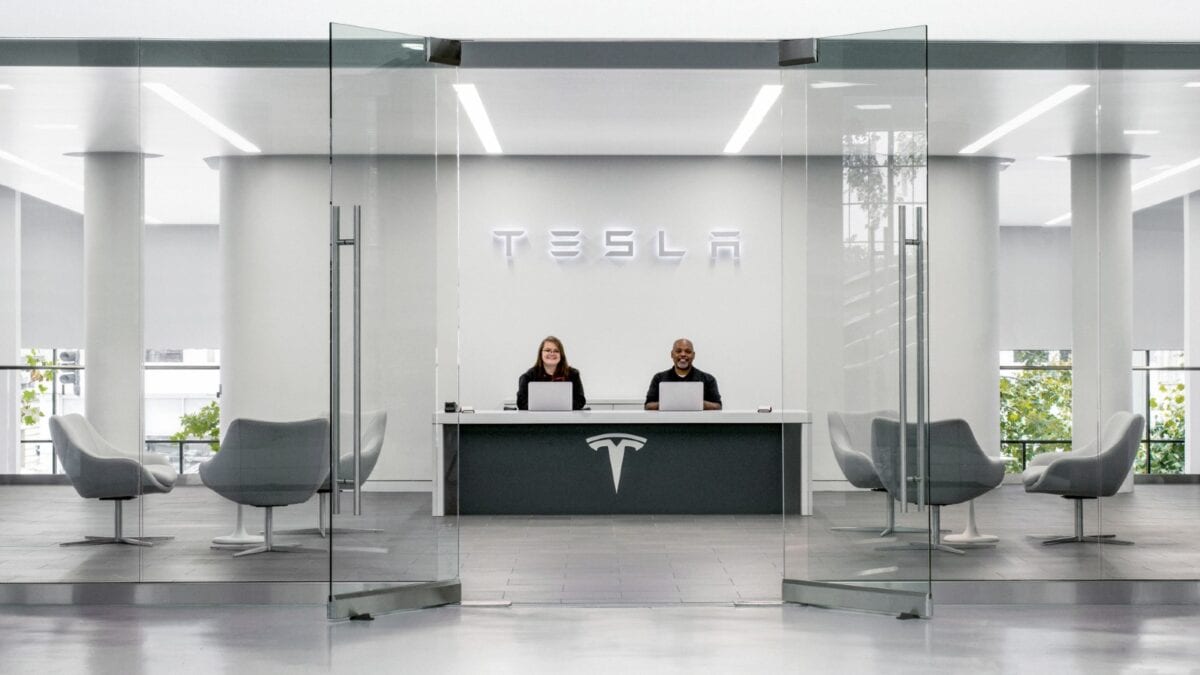A bipartisan coalition in Congress is demanding the Biden administration tighten sanctions on Russia’s oilfield services industry, alleging the current rules are enabling a major US firm to fuel Vladimir Putin’s war machine.
They have also asked Biden’s Treasury and State departments to explain whether it authorised transactions in which Houston-based SLB, better known by its longtime former name Schlumberger, imported equipment into Russia worth $17.5mn between August and December last year. SLB is the world’s biggest oilfield services company.
The demands from Congress follow a Financial Times investigation in August which revealed that SLB has continued to expand operations in Russia, capitalising on the withdrawal of western competitors despite international sanctions in response to Russia’s invasion of Ukraine.
“This US-based company is keeping Vladimir Putin’s war machine well-oiled with financing for the barbaric invasion of Ukraine,” said the group in a letter signed by more than 50 members of Congress and addressed to Secretary of State Antony Blinken and Treasury Secretary Janet Yellen.
“We urge you to continue supporting our Ukrainian allies by pursuing more rigorous oil sanctions to effectively restrict Putin’s profits.”
Representatives of the Treasury and State departments and SLB did not respond to requests for comment.
Oilfield services providers carry out much of the grunt work for the global oil and gas industry — everything from building roads and laying pipes to drilling wells and pumping crude. They also provide access to sophisticated technologies that are vital to support exploration and development of complex drilling operations.
Human rights groups and the Ukrainian government allege SLB’s work in the country helps generate billions of dollars of oil revenue that ultimately support the Kremlin’s war effort. Last year, Ukraine’s National Agency on Corruption Prevention added SLB to an “international sponsor of war” blacklist.
But western policymakers have avoided imposing comprehensive sanctions on oilfield services in Russia over concerns it would choke off fossil fuel exports and cause a jump in global oil prices.
In July 2023, SLB announced it was “halting shipments of products and technology into Russia from all SLB facilities worldwide in response to the continued expansion of international sanctions”.
Yet records obtained by the FT show its imports from other sources continued, and analysis indicates $3.3mn of the equipment was in categories that could be subject to controls if exported from the EU. Most of the imports — $13mn worth — came from China, while a further $3mn came from India, countries that are not applying the same controls.
SLB’s Russian business also signed new contracts last year, following the exit of its two largest US rivals, Baker Hughes and Halliburton, which both sold their Russian units to local managers in 2022.
Since December 2023, the company has posted more than 1,300 job advertisements in Russia, which have continued until as recently as this week. One posting for a role as a computer technician in Tumen, dated October 15, began by stating: “We are an international company and are now actively expanding our team.”
Lloyd Doggett, a Democratic member of Congress from Texas, said that by permitting American companies to operate in Russia, the US government and its European allies were “essentially funding both sides of the war”.
“While well aware of concerns about the price of gasoline at the pump, we must stop oiling the Putin war machine to win this war, secure a just peace, and reparations,” he said.
Jacob Auchincloss, a Democrat member of Congress from Massachusetts, said that closing sanctions loopholes exploited by US oilfield services companies would increase the cost of pumping oil to Russia, but was unlikely to restrict global supply.
In May, a US Department of State official said SLB had “thus far” not breached sanctions and the company had a clear understanding of “where the guardrails” were.
The Congressional letter questions whether this is still the case and asks Treasury and State departments: “What exceptions to the current sanctions regime [has] SLB utilised?”.
SLB has said it has no plans to exit Russia, but denies expanding its Russian business and says it is complying with sanctions.
“We anticipate full-year 2024 revenue from Russia to be lower than 2023 . . . All hiring during 2023 and 2024 was to replace headcount reductions due to attrition and the seasonal slowdown and was not due to new investment in Russia,” SLB said in response to the FT investigation.
On Friday SLB reported a 13 per cent rise in third-quarter profits, ahead of analysts’ expectations.
SLB has run foul of US sanctions before. In 2015, the company pleaded guilty to a federal charge and paid $232mn for facilitating trade with Iran and Sudan. In 2021 a US-based subsidiary of SLB, Cameron International Corporation, agreed to pay the Treasury Department’s sanctions enforcement unit $1.4mn to settle “apparent violations” arising from its provision of services to the Russian energy firm Gazprom- Neft Shelf for an Arctic offshore oil project.
Jeremy Paner, a sanctions compliance expert at law firm Squire Patton Boggs, said it was not surprising that members of Congress were asking questions about the sanctions regime in relation to SLB given the extent of its recent business activity in Russia.
“SLB can continue their operations in Russia under US law, but what they can’t do is import new technology into the country or expand their operations without risking violating sanctions,” he said. “It is very hard to maintain a ringfenced operation because even a single email sent from their Houston HQ to Moscow poses a legal risk.”
Credit: Source link














